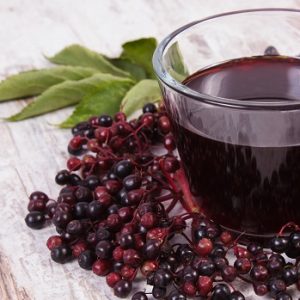
More evidence that low-calorie sweeteners are bad for your health
Studies show that artificial sweeteners can raise the risk of hypertension, metabolic syndrome, type 2 diabetes and heart disease, including stroke.

Natural Health News — The negative health effects of international air travel are well documented but now it seems that the common elderberry can provide some relief.
Intercontinental air travel can be stressful and affect a passenger’s physical and psychological wellbeing. Whilst jet lag and fatigue remain the best known problems, holidaymakers also often experience upper respiratory symptoms.
» Passengers on long-haul flights are increasingly prone to respiratory infections.
» Australian research has shown that in airline passengers elderberry extract is effective in preventing and ameliorating respiratory infections caused by bacteria and viruses.
Researchers from Griffith’s Menzies Health Institute Queensland (MHIQ) have just completed a clinical trial showing that an elderberry supplement can provide some protection from cold and flu-like symptoms following long-haul flights. Presenting their results at the 21st Annual International Integrative Medicine Conference in Melbourne, the research team showed how elderberry appears to reduce the duration and severity of the cold.
The randomised, double-blind placebo controlled clinical trial was conducted with 312 economy class passengers travelling from Australia to an overseas destination. Cold episodes, cold duration and symptoms were recorded in a daily diary and participants also completed surveys before, during and after travel.
It showed that the placebo group had a significantly higher number of cold episode days, and the symptom score in the placebo group over these days was also significantly higher.
The trial used capsules containing 300mg of a standardised, proprietary membrane-filtered elderberry extract which has shown to be effective in working against respiratory bacteria and influenza viruses.
The Australian study follows recent European research which suggests that a combination of Echinacea herb and root extract supplemented with elderberry can be as effective as the conventional antiviral medicine Tamiflu for the early treatment of influenza.
UPDATE: This study has now been published in the journal Nutrients.

Please subscribe me to your newsletter mailing list. I have read the
privacy statement